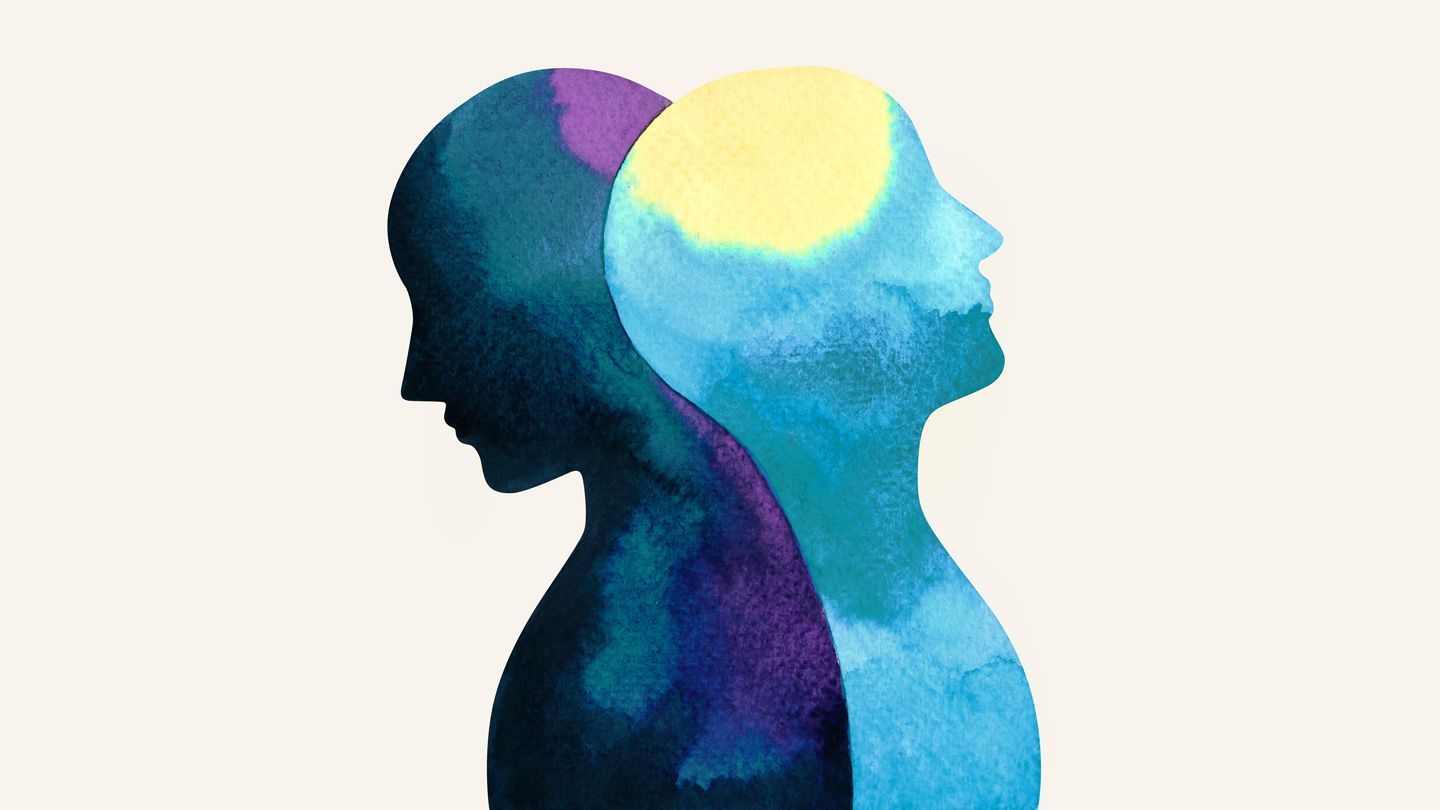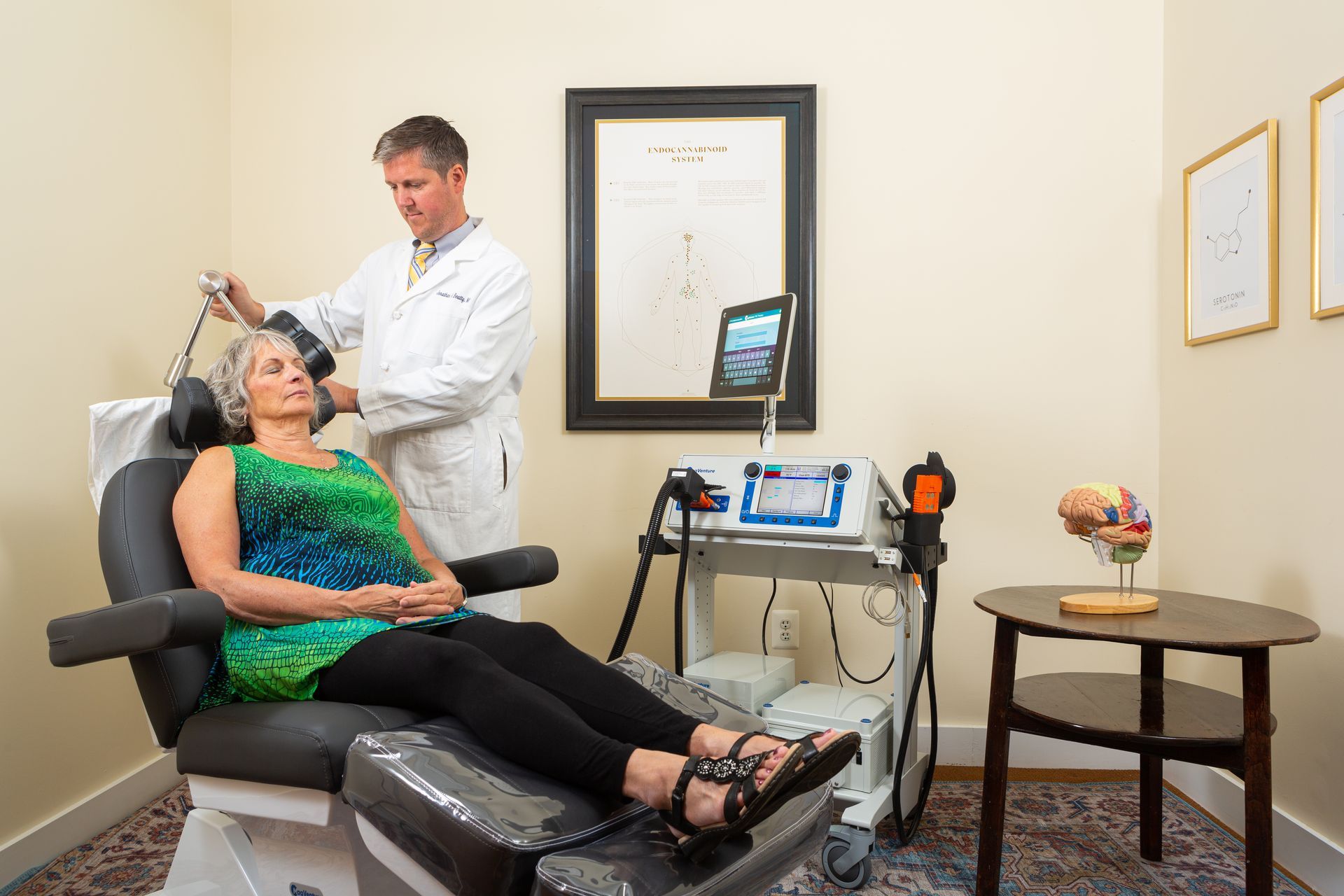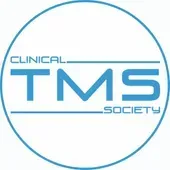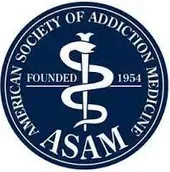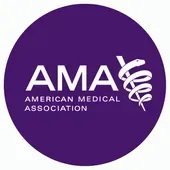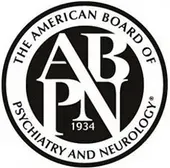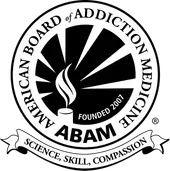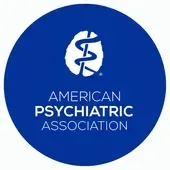TMS For Bipolar Disorder
Bipolar Disorder Treatment in Chestnut Hill
Living with untreated bipolar disorder can be incredibly disruptive and upsetting. Even though it's one of the most common mood disorders in the United States, affecting 2.3 million people, it remains a mental health condition that is widely misunderstood and negatively stigmatized.
Within all types of bipolar disorder exists depression. While this is what can make this specific type of disorder highly distressing, it is a symptom that can be treated along with the rest of the disorder. One of the most effective treatments for bipolar disorder is transcranial magnetic stimulation (TMS) therapy, which is a painless, outpatient procedure administered by Wave Treatment Centers in Chestnut Hill, PA.
"As a potential alternative to bipolar medications which often have significant side effects, TMS for bipolar depression can really help restore your life."
Start your Healing Journey
A healthier, happier life starts here — talk to our caring staff today.
Website Form Submission
TMS For Bipolar Disorder FAQ
Frequently Asked Questions
I appreciated the ease of the online interface for scheduling and communication. At my appointment, Dr. Beatty was professional and personable. Top marks.
Eric R.
